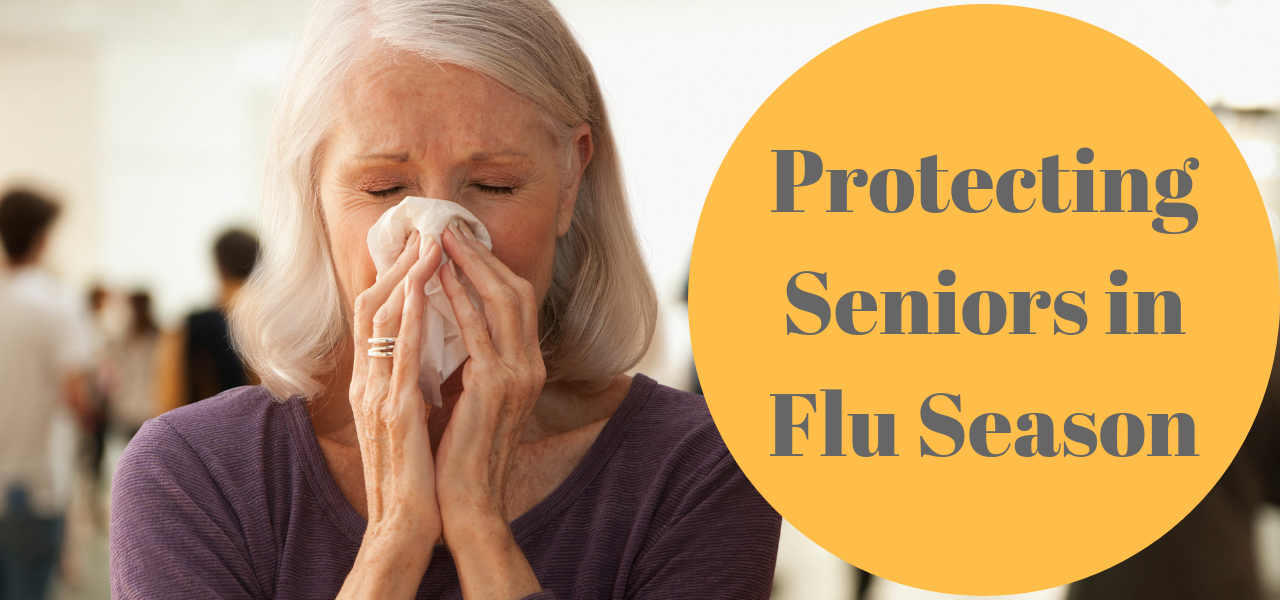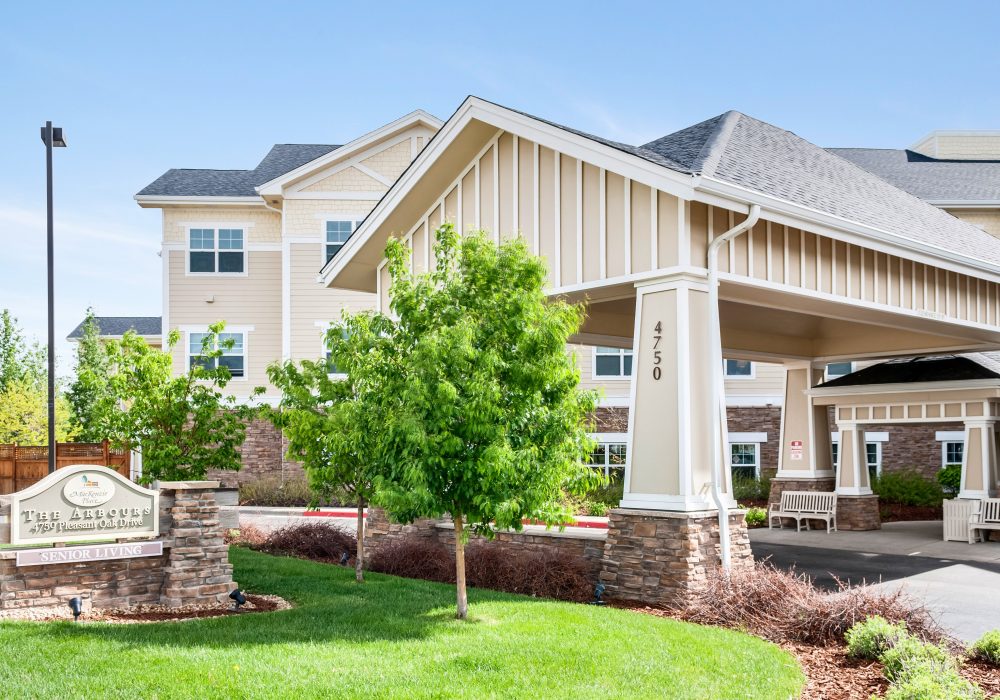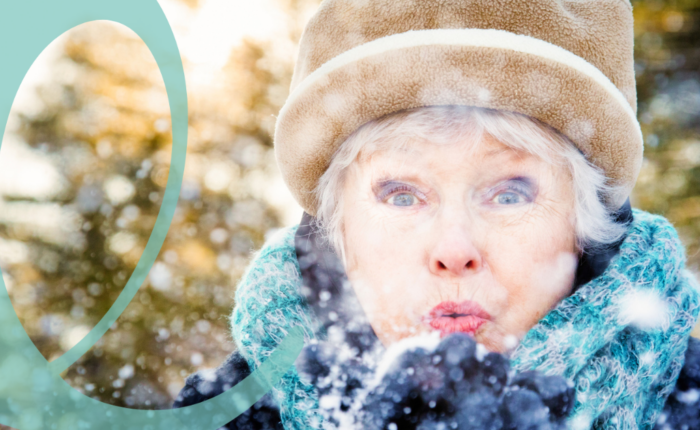
Leaves are changing and the weather is cooling off. Along with the welcome changes of the fall, comes an unwelcome season – flu season. Beginning in October and sometimes stretching into May, flu season is the period of time when the influenza virus is most active. It’s a time to step up self-care and flu prevention efforts, keeping our loved ones healthy and well to enjoy all the good things the season has to offer.
Learn more about flu prevention, symptoms, and treatments to protect your senior loved ones this season.
Senior Flu Prevention
The Centers for Disease Control and Prevention (CDC) warns that adults 65 and older are at a greater risk of complications from the flu because of weakened immune systems. They estimate that between 70%-85% of seasonal flu-related deaths and 54%-70% of seasonal flu-related hospitalizations have occurred in people 65 and over. Because of their increased risk for health complications from the flu, it’s crucial to exercise flu prevention methods.
The best way to prevent the flu is to get the flu vaccine. Adjusted every year to better protect against the current flu strand, seniors and their caregivers should get the flu shot every year. The CDC has found that the flu vaccination can reduce the risk of flu illness by 40%-60%.
Experience Leisure Care Senior Living

MacKenzie Place - Fort Collins
Independent Living, Assisted Living, and Memory Care in Fort Collins, Colorado
Even for seniors who often have a weakened immune system and a weaker response to vaccines, the flu vaccine can protect against illness and the serious consequences of getting the flu, like hospitalization and death. The vaccine can also mitigate the flu virus so that even if you or a senior loved one contracts the virus, its effects will be less if a flu vaccine is present.
Other than the flu vaccine, flu prevention methods include:
- Avoiding contact with people who are sick
- Resting at the first symptoms of a cold or virus
- Consistently washing hands
- Clean and disinfect surfaces regularly
- Limit eye, nose, and mouth contact
- Maintain a healthy diet to boost immunity
- Aim for 7-9 hours of sleep each night
- Quitting smoking as smokers have a more exaggerated response to the flu
Flu Symptoms in Seniors
Unfortunately, the flu is often overlooked or misdiagnosed in seniors. Many seniors do not develop typical symptoms of the flu and health professionals are less likely to test seniors for the flu. Delayed or missed diagnosis of the flu can have serious implications on senior health, especially for seniors who have a chronic illness.
The CDC defines “influenza-like illness” as having a temperature over 100°F and a cough and/or a sore throat, and no other known cause of symptoms. However, many seniors that get sick from the flu do not have a fever, cough, or a sore throat. In fact, a study on influenza testing in seniors during flu season found that 26% of hospitalized seniors with proven influenza did not exhibit the typical “flu-like” illness symptoms.
Symptoms of the flu in seniors include:
- Weakness
- Dizziness or feeling light-headed
- Loss of appetite
- Delirium
- Malaise
- A worsening of chronic heart or lung condition
If you suspect yourself or a loved one has the flu, see a doctor immediately. Your doctor will be able to give you a diagnosis from a swab sample on the back of the nose or throat. You may also be diagnosed on symptoms alone. Ignoring symptoms or misdiagnosing the flu can result in pneumonia, dehydration, and even death.
Flu Treatment for Seniors
Because the flu is a virus, bed rest and plenty of fluids are often the best treatment method. In some cases, you may be prescribed an antiviral medication to help shorten the flu’s duration. Additionally, over the counter pain relievers like acetaminophen or ibuprofen can help fight the aches associated with the flu.
If you know you have the flu and experience any of these symptoms, seek medical attention immediately:
- Difficulty breathing or shortness of breath
- Chest pain
- Abdominal pain
- Sudden dizziness
- Confusion
- Severe vomiting
- Flu-like symptoms that get better and then suddenly get worse
- Swollen mouth or throat
Have you or a loved one had the flu? Share your experiences, prevention methods, and treatment methods in the comments below.
Find a Leisure Care Community
Better with age, exceptional with us! Come and see how Leisure Care communities are helping seniors rediscover (and sometimes reinvent) themselves.







